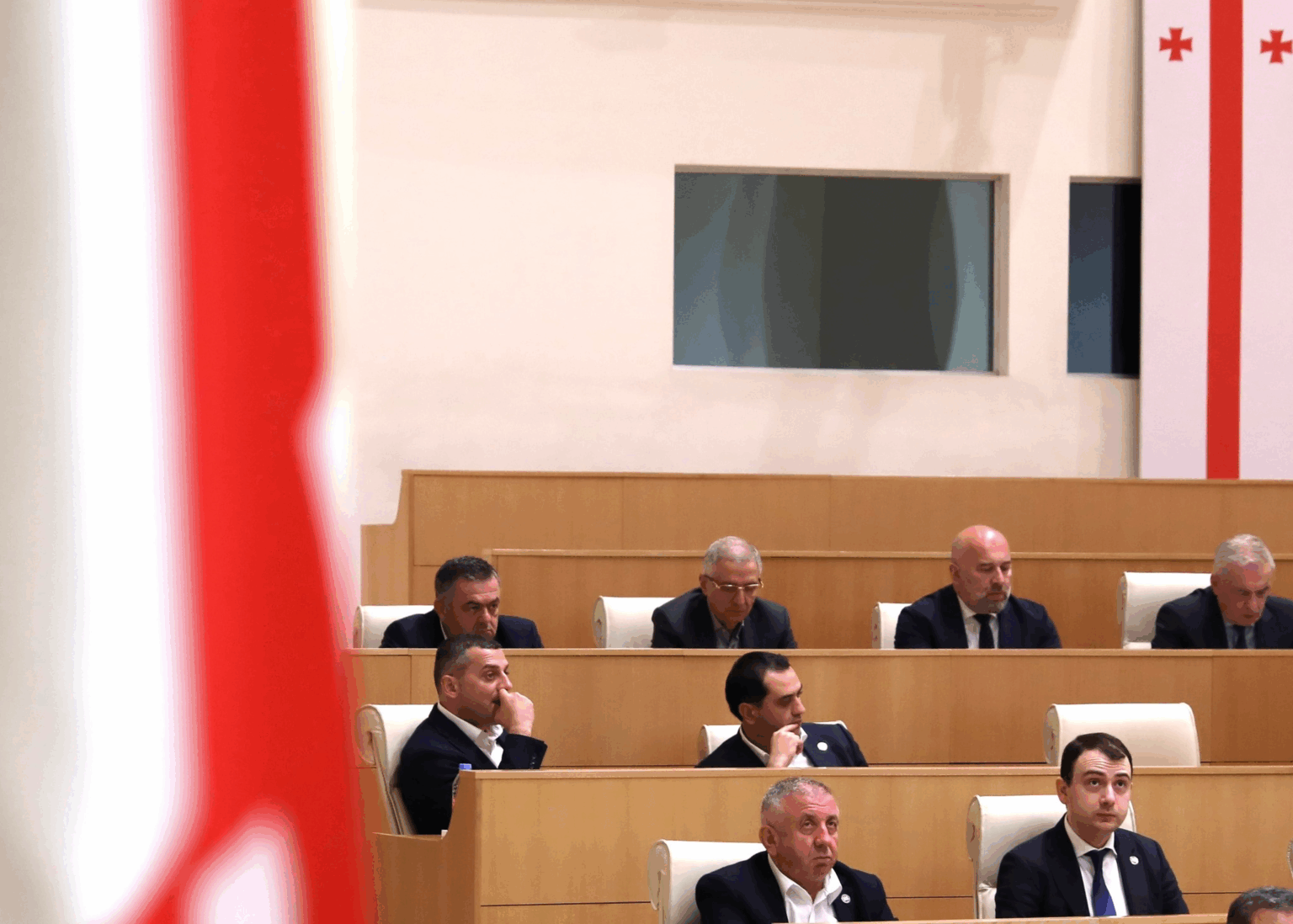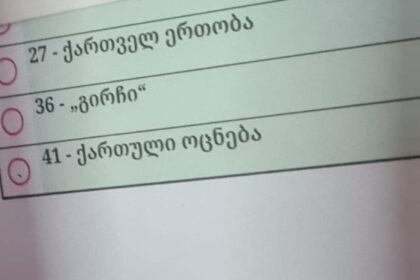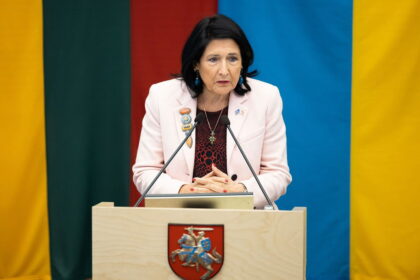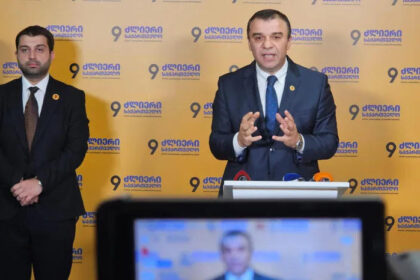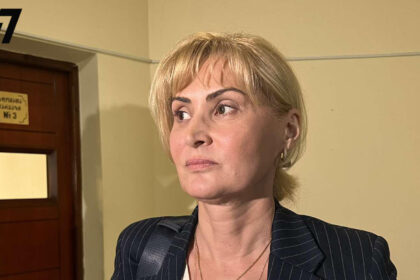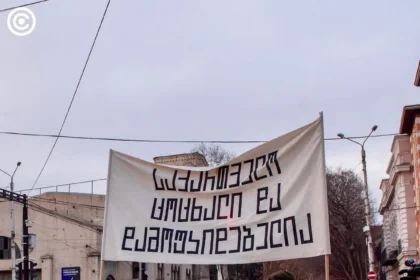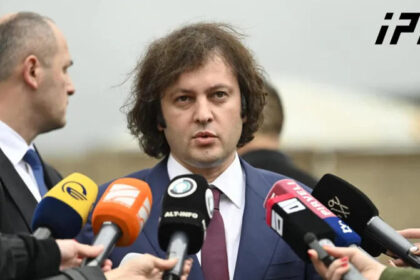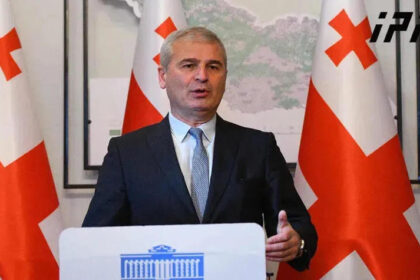**Georgian Government Takes Control of Opioid Replacement Therapies and Psychotropic Drugs**
In a move to strengthen its stance against drug addiction, the Georgian government has banned private entities from offering opioid replacement therapies and importing/distributing psychotropic drugs. This decision was made during an extraordinary session of parliament on July 1-2.
According to amendments made to the Law on Narcotic Drugs, Psychotropic Substances and Precursors, and Narcological Assistance, the state will now be responsible for both services. This means that private companies can no longer run programs that provide methadone or buprenorphine/naloxone treatments to people struggling with addiction.
Currently, there are two drug replacement therapy programs in Georgia: a state-run methadone program and another using buprenorphine/naloxone, which is partly managed by private entities. About 14,000 people use the state program, while 2,500 receive treatment privately. However, some experts have questioned the need for this move.
**Government Claims Private Programs Are Driven by Commercial Interests**
The Georgian Dream government has accused private programs of being designed to “legally supply narcotics” rather than providing actual treatment. Prime Minister Irakli Kobakhidze claimed that these programs are driven by commercial interests and aim to maximize drug sales, while also artificially encouraging demand for psychotropic substances.
Kobakhidze also alleged that the ideology behind promoting drug addiction is a deliberate attempt to impose this “graves illness” on Georgian society. He stated that it’s presented as fashion, but in reality, it’s a serious problem that needs to be addressed by the state.
**Concerns Raised About Effectiveness of Move**
Some experts have raised concerns about the effectiveness of this move, pointing out that the Health Ministry already controls the import and sale of psychotropic substances. Narcologist Zurab Sikharulidze noted that taking away private programs may not necessarily lead to better treatment outcomes for patients.
**Tighter Drug Policy Amidst Wider Reforms**
This decision comes amidst a broader tightening of drug policy in Georgia, including making possession of more than five grams of marijuana a criminal offense punishable by up to six years in prison. The government has also stated its commitment to fighting against drug dealers and promoting the well-being and prosperity of future generations.
**What’s Next?**
As the Georgian government takes on a larger role in providing opioid replacement therapies and controlling psychotropic substances, it remains to be seen how this move will affect treatment outcomes for patients. Stay tuned for updates as more information becomes available.
Read More @ civil.ge




